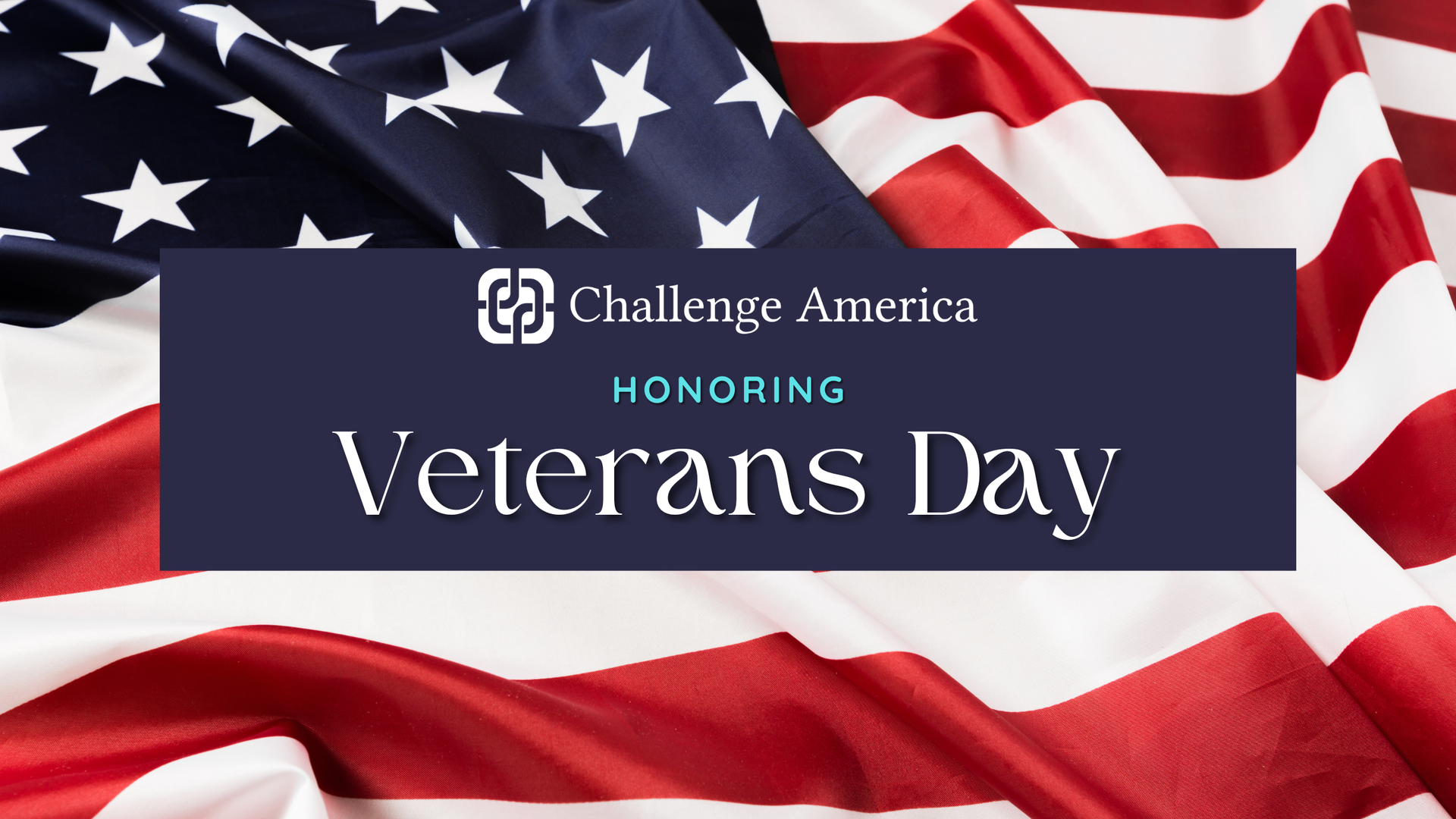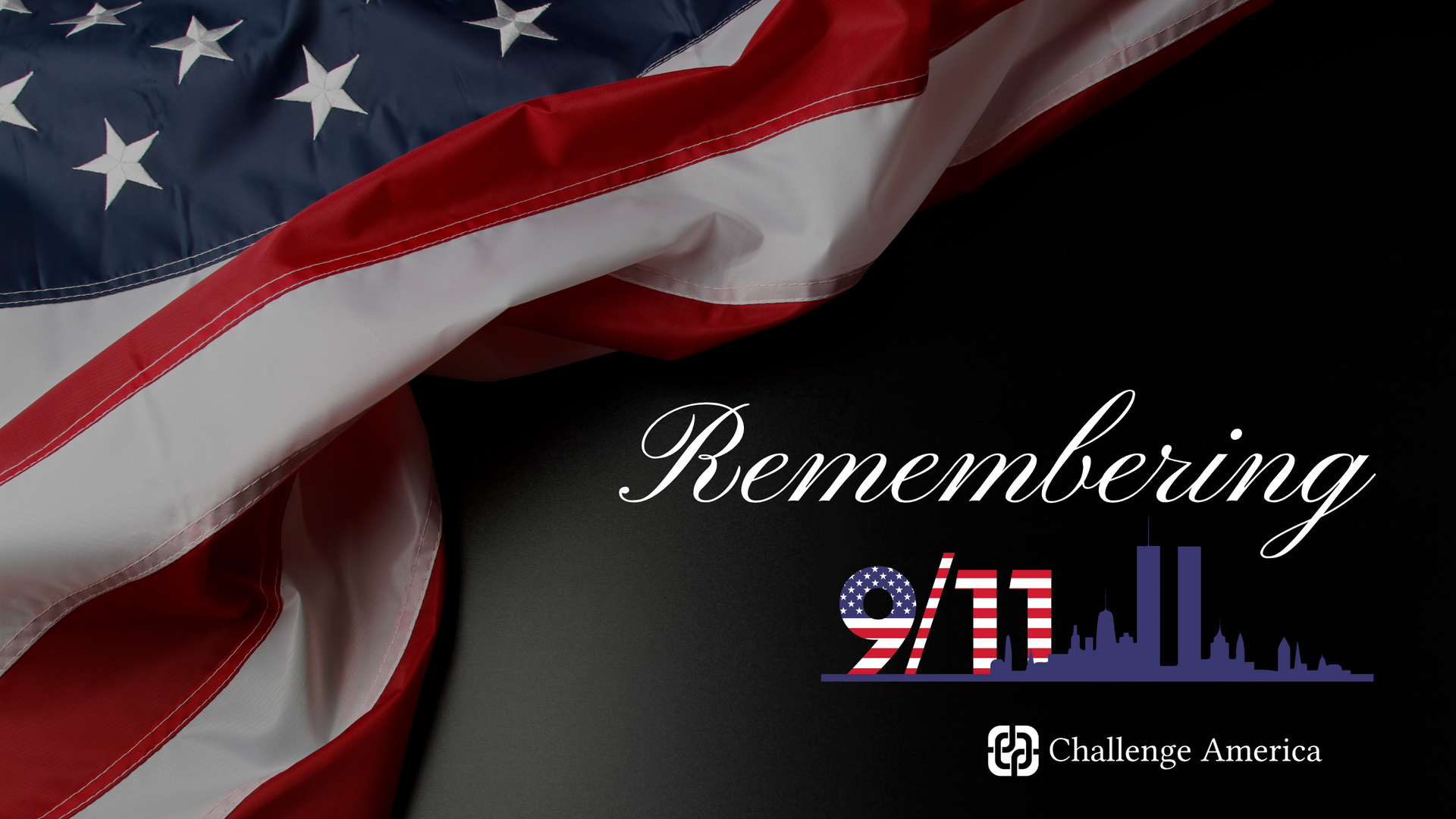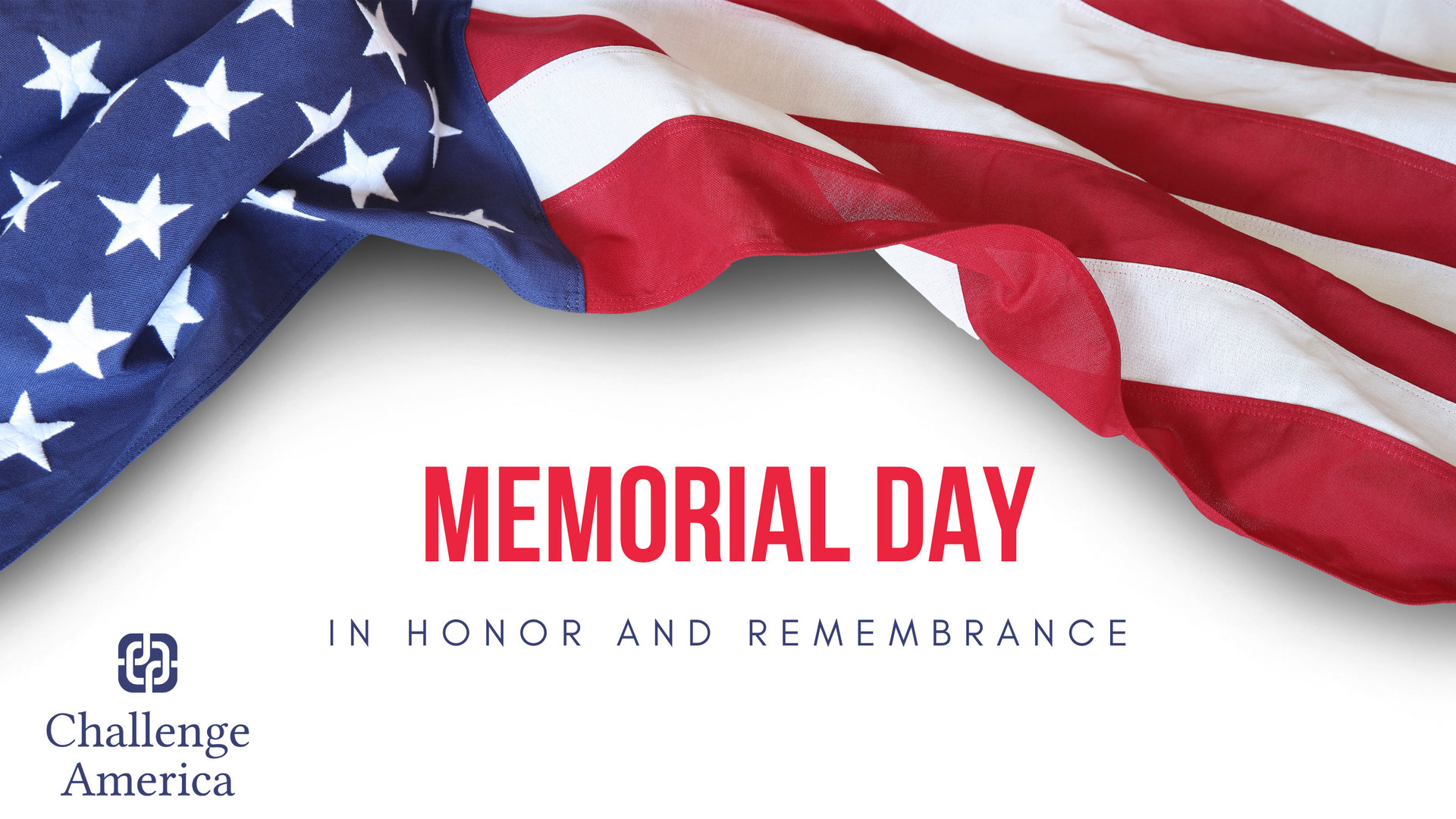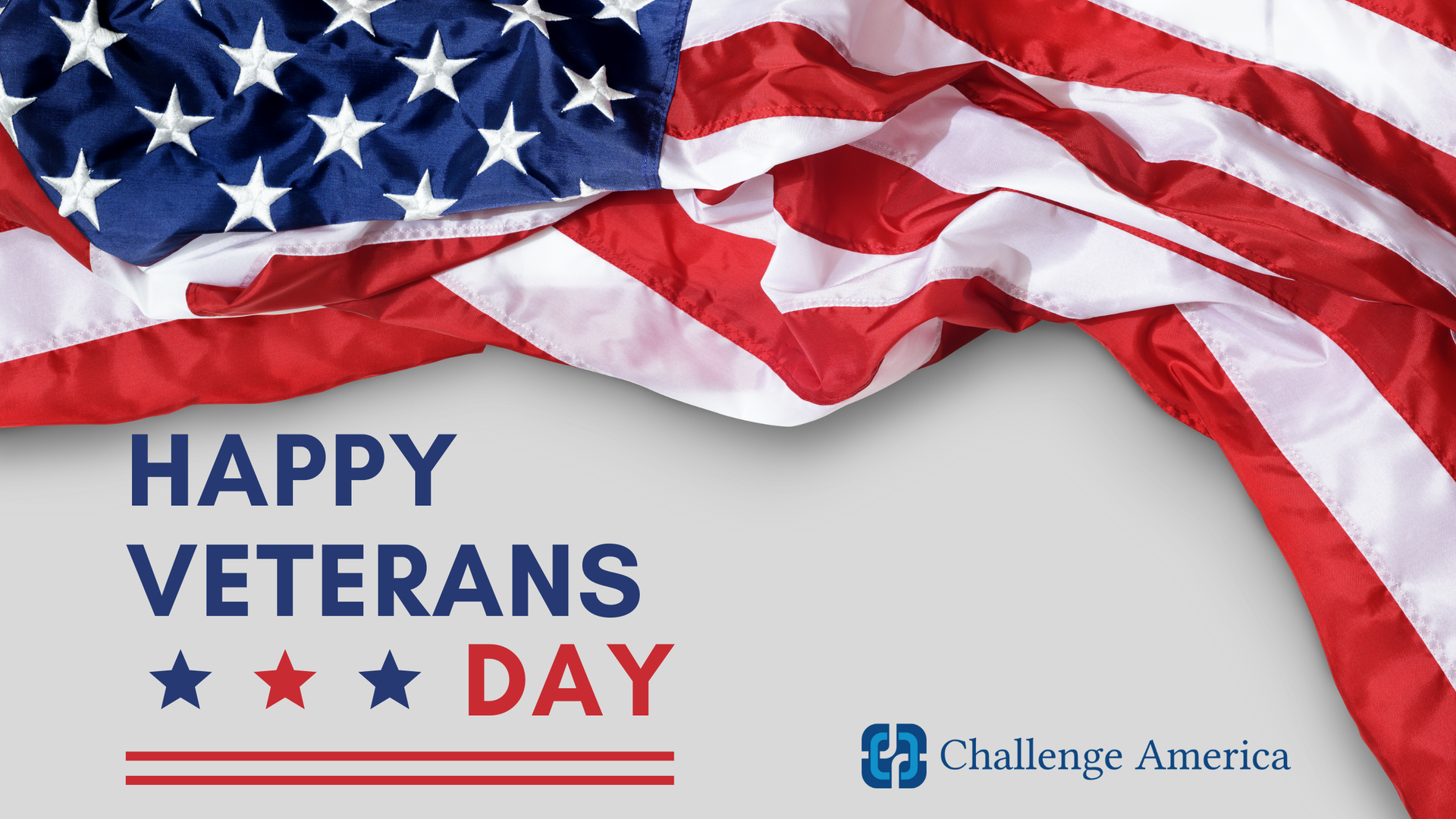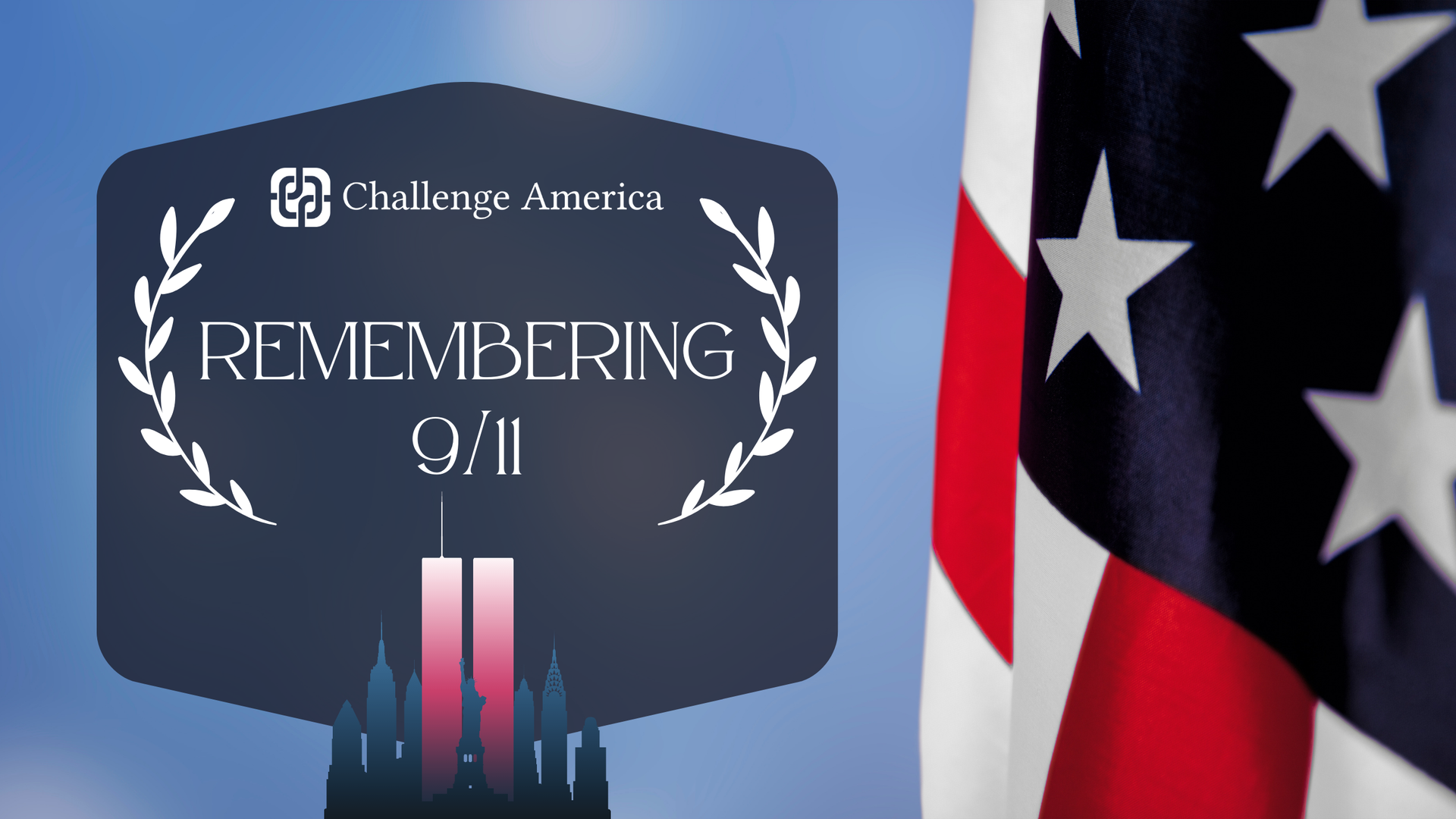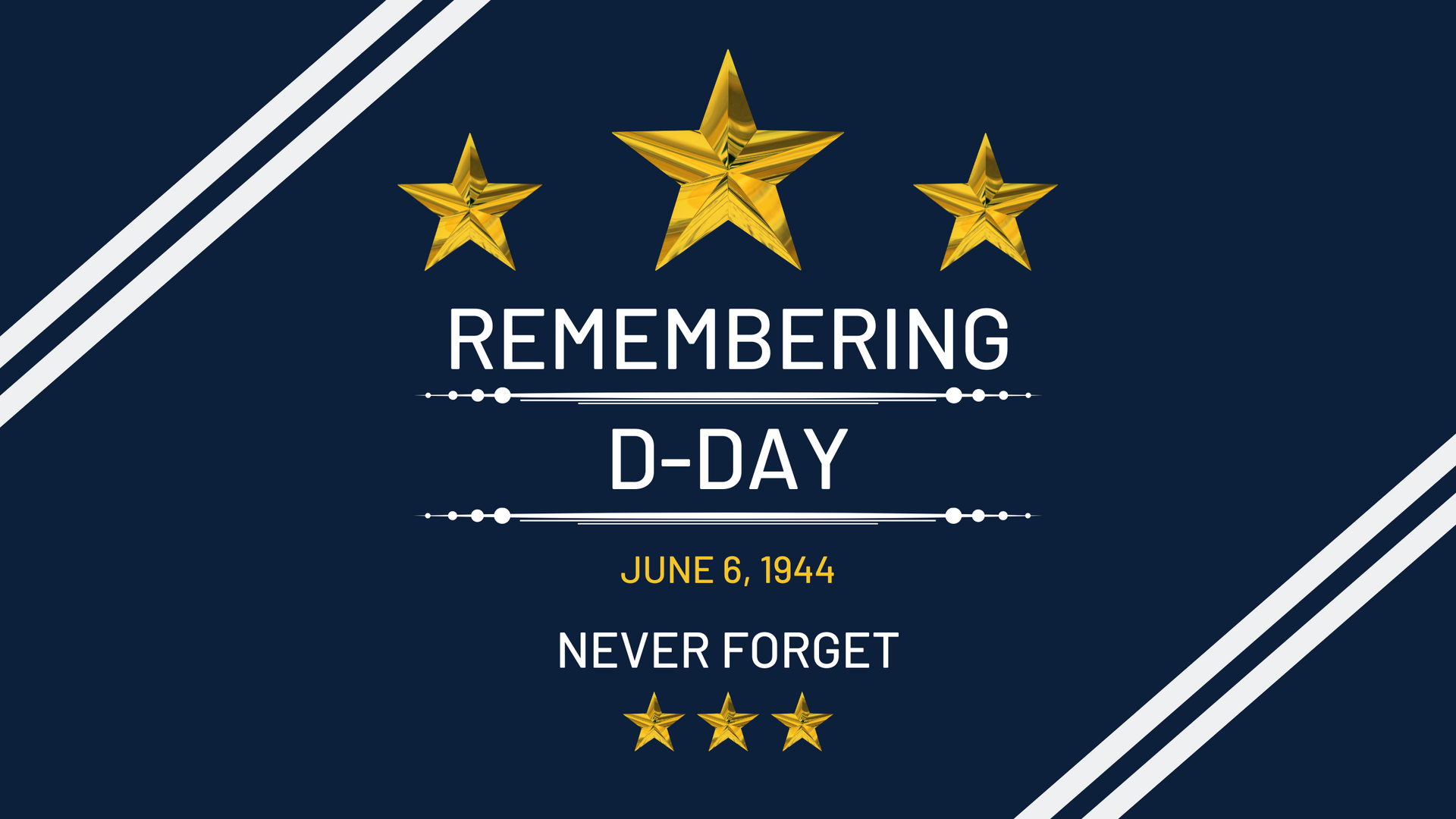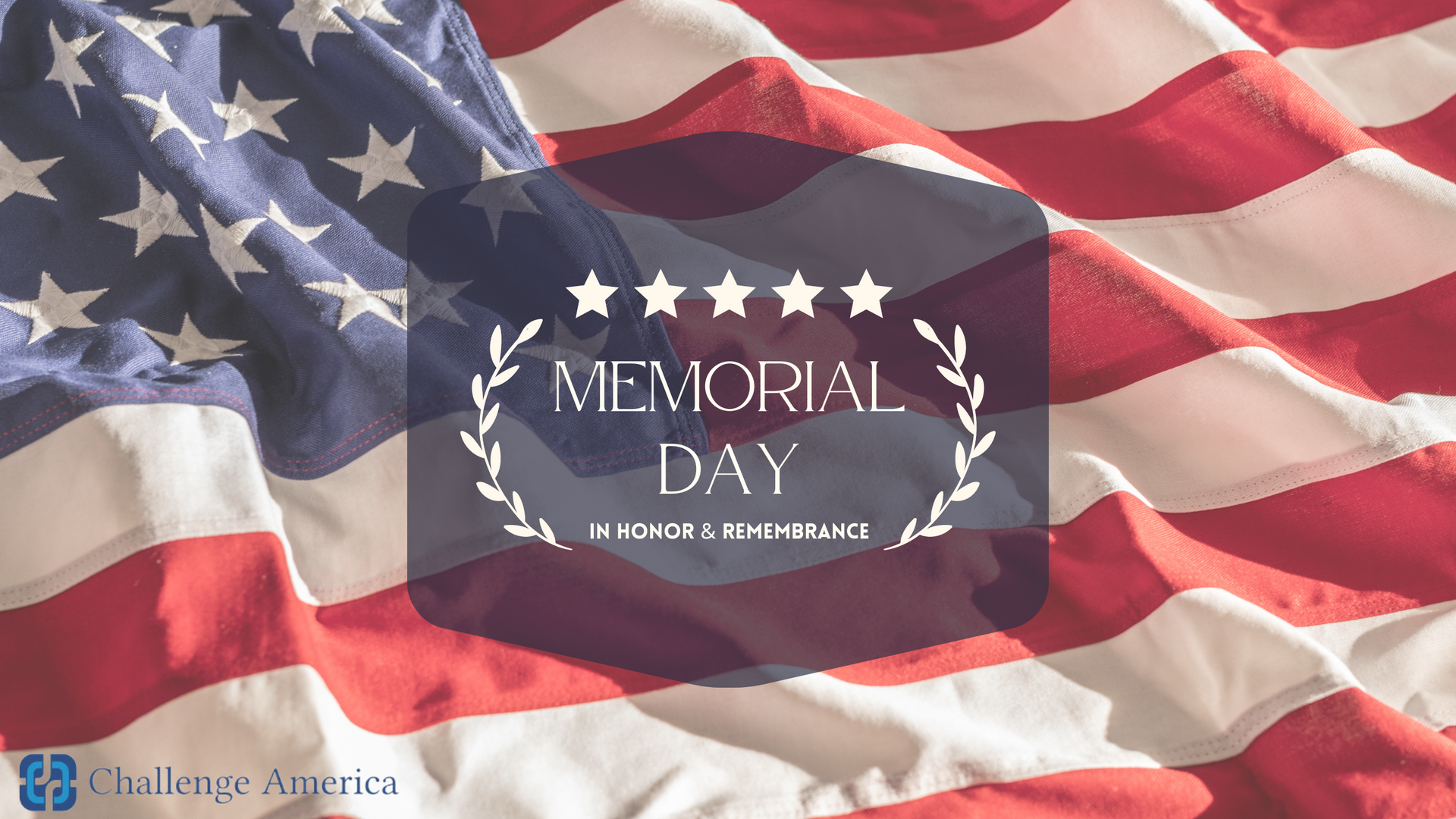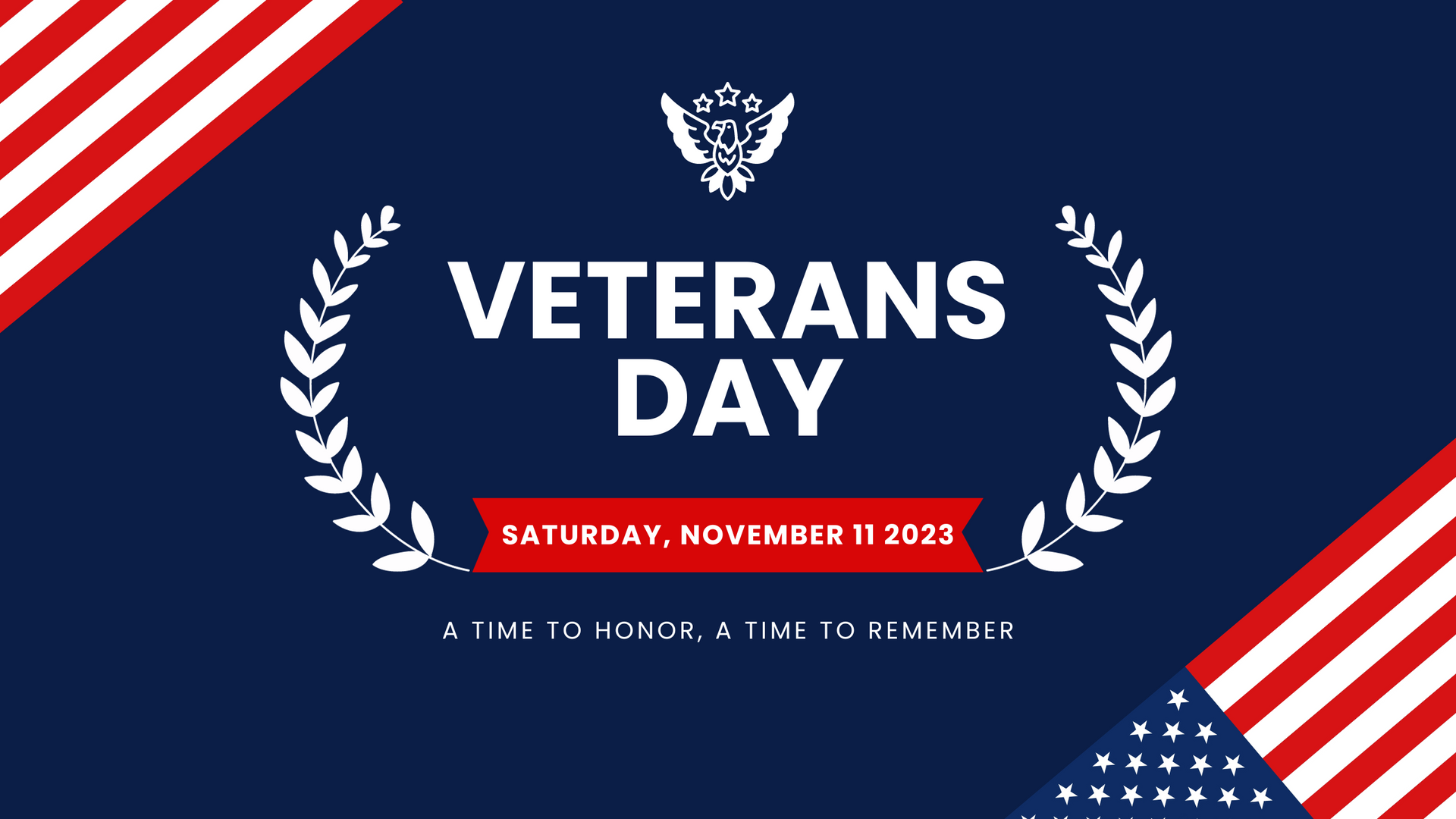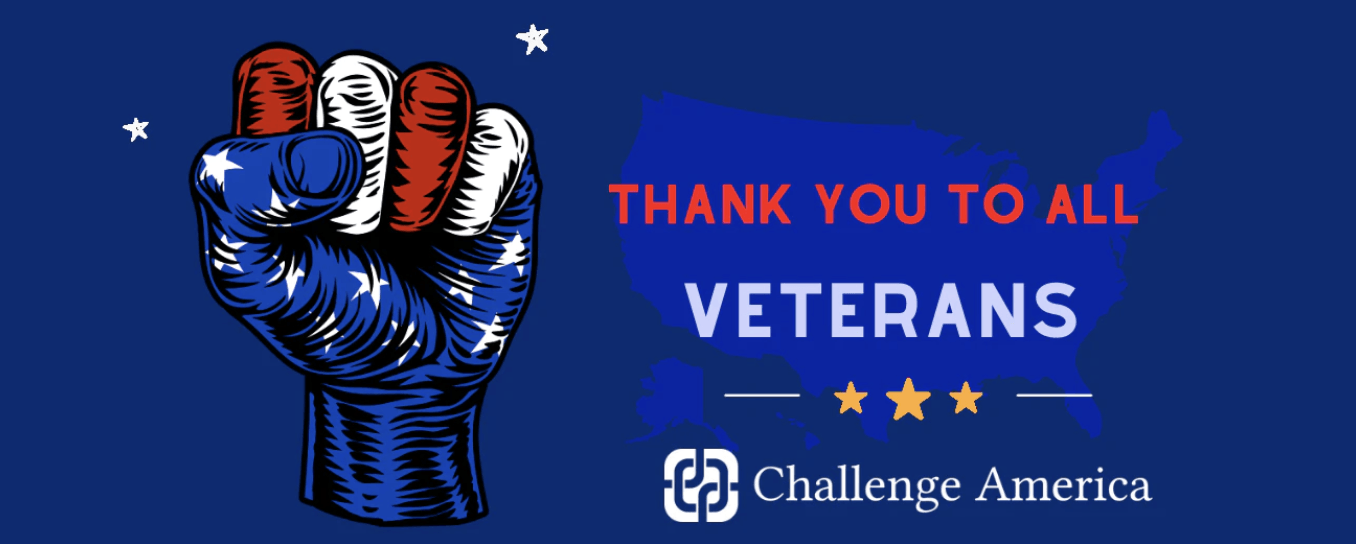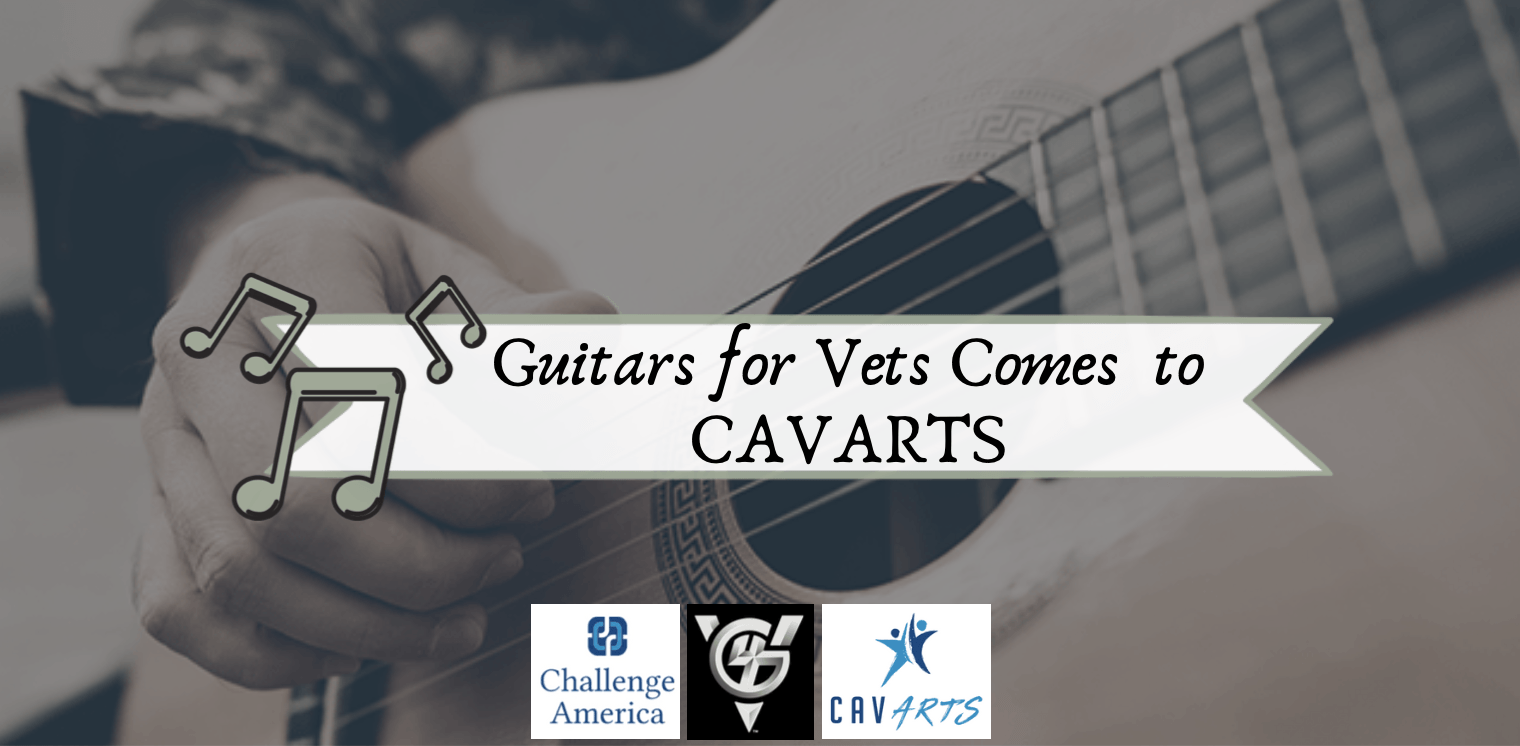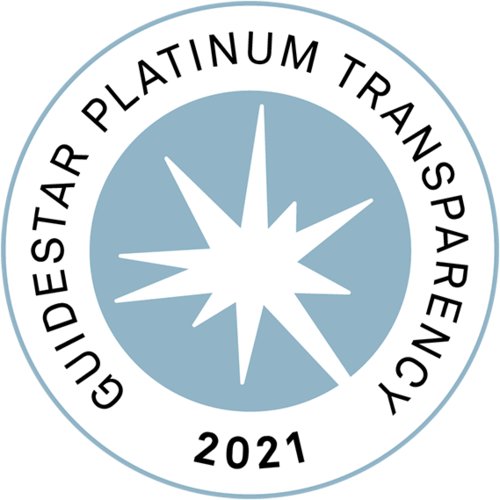4TH COVID-19 MAKER CHALLENGER: KICK OFF
Ultimately, each maker team will endeavor to design a solution to their challenge and build a working prototype of their design – all in the course of a single week. Following the event, Challenge America and its partners will assist each team in charting a pathway for further product development and commercialization.
This Maker Challenge was a way to come together and brainstorm new prototypes and solutions that can further Challenge America’s goal to develop innovative solutions to challenges encountered by frontline workers in response to COVID-19. Prototypes and teams from this event have the opportunity to further partner with VA medical centers to test these prototypes and provide feedback and further development.
Following Danielle was a presentation on Design Thinking by industrial designer, Renee Polin. Renee talked about the importance of Human-Centered Design, and further explained the process. He defined the process as: LEARN + DEFINE + DESIGN. Branching off of this, within design thinking, there are three main factors: desirability, feasibility, and viability. For Rene, desirability is about understanding how many people want/need the invention, especially within Human Centered Design. Feasibility is about understanding your limitations, to assess whether it is realistic for your team to execute the design within your time and budgetary constraints. Finally, viability is the actual desire for this invention in the market, i.e. can[ we take it further and commercialize it?
Renee then emphasized the point that the end users are co-designers, and how important this is. Through the first step, which is learn, it is crucial to be able to “see through their eyes, you wanna make sure you’re stepping out of yourself and into their shoes and into their world.” By using empathy to gain a deep understanding of your co-designer/the end user, it provides a deeper understanding as to what the context of use is, what success looks like, and what a feasible outcome may be. Further along, Renee states that, “They (the end user) should be with you all the way through”. Dallas followed this statement by saying “allow yourself some time and an open mind to really explore the problem and really understand the nuance of the problem. Work with the end user, not for the end user”. That is where the heart, the mission, of this event really shines through: how can we all come together to learn and form a type of understanding in order to innovate and provide solutions to these challenges?
On the other side of the innovation and design process is intellectual property. Leading this discussion was Matt McBride, Veteran and product invention director. He stated that, “be sure you are documenting and you’re still understanding what intellectual property is being performed, but don’t assume that it’s yours, (…) be clear of your pathways regarding intellectual property and make sure you are clear there.” Finally, Maggie Tolan, Program Director for Challenge America, concluded this kickoff presentation by talking about the logistics and moving forward in this challenge. All of the teams received an email with their team assignments as well as an invite to join Quip, Slack, and Mural platforms.
As we move forward and work on this final Maker Challenge, one thing is for certain, Challenge America and its partners are here to provide the teams with the support and resources needed to collaborate and innovate to provide life-changing solutions for caregivers and those they serve.


